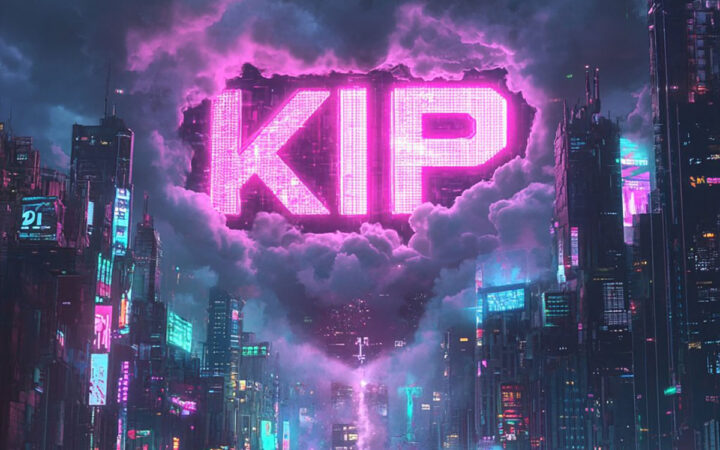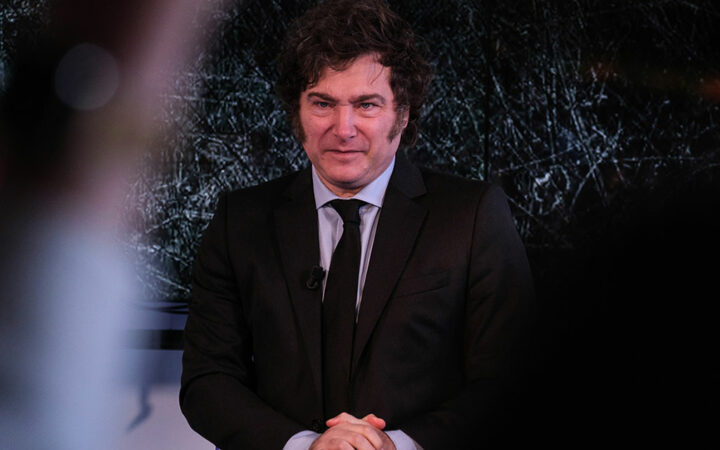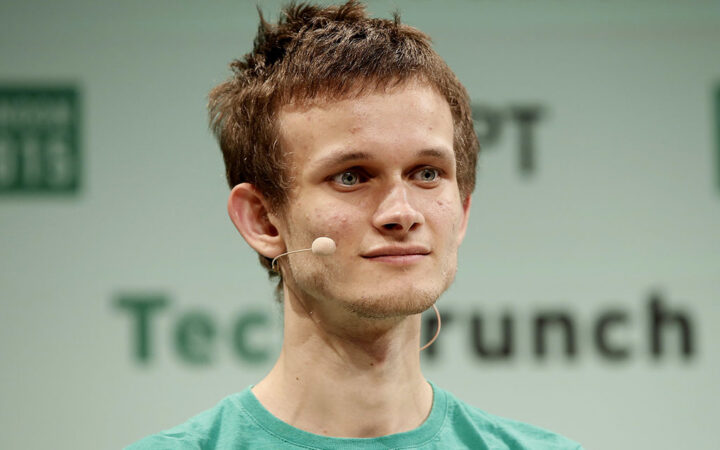
Libra Hearing Ended, and CXC Helps the Blockchain Industry Development
Last Tuesday, David Marcus, head of Facebook’s Libra project in digital currency, received the first inquiry from the Senate in the US Congress.
This inquiry has attracted much attention from the industry because it not only determines the future direction of the project, but also makes the industry more and more aware of the attitude of US regulators towards digital currency.
On the same day, the CXC Public Chain Master Node Community Joint Dinner was held at the Shenzhen Marriott Hotel, bringing together 97 communities around the world, nearly 500 elites in the blockchain industry, community leaders, currency masters, wallets, professional media and high-quality exchanges.
This completely decentralized consensus feast made CXC one of the most popular public chain projects at present against the trend of the industry.
The Significance of Hearing
The hearing has been the focus of attention recently because it directly or indirectly affects the entire industry in digital currency. Although most people in the industry believe that although it is impossible for the global government to suppress digital currency technically, it is entirely possible to stop the trade between digital currency and the legal currency politically.
This extreme situation is a fatal blow to the booming blockchain industry, and it is also the worst result that countless investments in this field want to see!
However, the US government’s regulation of digital currency has been leading the world and has a great demonstration effect and influence. Therefore, the hearing focused on the concerns of all parties in the world. This is a rare opportunity to give the outside world a glimpse of the thoughts and attitudes of US regulators.
In other words, the regulatory attitude of the U.S. government will greatly affect the development of the entire digital currency and the blockchain industry!
Follow-up observations of the hearing are summarized as follows:
- No fear of digital currency
A typical representative of this view is Senator Brian Schatz of Hawaii. He said:
“You are defending digital currency.”
“My question is not whether the United States should lead the development of digital currency, but why is Facebook playing this role?”
Obviously the senator’s meaning is: of course, the United States should lead the development of digital currency, but it remains to be discussed whether facebook will do this. It is understandable to think about this. facebook’s disclosure of privacy has also stung the audience’s nerves. I wonder if the congressman has also suffered from the loss of privacy caused by centralization.
- Not too worried about digital currency’s use for illegal transactions
The frequency of BTC’s appearance in the whole hearing is not high, but in the limited number of appearances, it is of great significance and can well represent the thoughts of some senators.
Arizona Senator Kyrsten Sinema thinks of digital currency this way. His remarks can be paraphrased as:
“Despite anonymity, digital currency is not the first choice for drug dealers because digital currency is not easy to use.”
Maryland Senator Chris Van Hollen expressed his views on BTC,
“BTC’s volatility causes it not to be widely used in practice, while Libra may be widely used.”
Based on the two senators’ views, they emphasize that they are not worried that digital currency is widely used in illegal trade due to various reasons, while Libra is likely to be widely used due to its stable currency value. Under such circumstances, how to prevent Libra from being used in illegal trade is even more of a concern to lawmakers.
- Whether Libra can be fully accepted
Chris Van Hollen, also a senator from Maryland, raised another concern about Libra. He said:
“Everyone must believe in the Libra organization, but when everyone regards it as a currency in global circulation, I am not sure whether Libra has enough sustainable development capability”.
In fact, his meaning is whether Libra can guarantee full acceptance. Since BTC does not need any assets for credit endorsement, BTC does not have this problem. However, Libra needs a series of assets such as US dollars and bonds as collateral to guarantee acceptance. How long will this acceptance capability last? Everyone is not sure.
Not to mention facebook, the U.S. government has never guaranteed full acceptance in history. The collapse of the Bretton Woods system in the 1970s was because the United States failed to honor its promise to exchange US$ 35 for an ounce of gold, so it cheated the world and abandoned this contract. So even the U.S. government can’t do it. Why can Facebook do it?
What does the “Hearing” Tell Us
Judging from the whole hearing, the lawmakers’ worries about digital currency or BTC itself were hardly seen. Instead, their worries focused on Facebook, that is, whether the centralized organization would cause more trouble.
The BTC, the blockchain technology is not to solve these problems in the operation of the centralized organization?
U.S. regulators seem to have adopted a very open and receptive attitude towards digital currency. This alone is sufficient to show that the future U.S. regulation of digital currency will not impede their development but will most likely be conducive to their healthy development. This is undoubtedly a great reassurance to the practitioners and investors who are interested in this and is a great long-term benefit.
CXC Launchs, Blockchain Enters Technology + Mode Era
Now it seems that the future direction of facebook’s Libra is not so important.
Let’s focus once again on the recent booming publicchain projects in the industry: CXC.
After more than ten days of explosive growth and fission, CXC’s outstanding achievements in breaking through 400 BTC inputs in the first three hours before online, receiving nearly 50 exchanges’ offers for currency in a week, splitting up 800BTC in the first phase of the competition, and the steady growth of the online exchanges have attracted strong attention from the entire blockchain industry.
Although the activity of splitting 800BTC has caused participants to worry about the collapse of the capital market, CXC has so far attracted 1430BTC to participate in the collision, and the price has remained at about 20 RMB, slightly lower than the previous few days but relatively stable overall!
CXC node community Mystery Valley indicated: CXC according to its own value-added logic will make its price increase steadily until it reaches BTC1:1. it will not practice bonus-getting and run away after booming, but will let more and more people build this meaningful project by making investors make steady profits!
BTC was born in 2009, it was known to the public for four years in 2013, VDS went online in 2019, and it took only three months for it to be widely discussed! If bitcoin is regarded as the pioneer of technological innovation, VDS can be said to have started the trend of “mode” innovation.
One spread too slowly and the other is being criticized for its lack of technology. In today’s rapidly changing science and technology, under the impact of this hearing, I think only the comprehensive combination of technology and mode can adapt to the development of the future blockchain industry.
Perhaps CXC is worth looking forward to!
Disclaimer: This publication is sponsored. Coinspeaker does not endorse or assume responsibility for the content, accuracy, quality, advertising, products, or other materials on this web page. Readers are advised to conduct their own research before engaging with any company mentioned. Please note that the featured information is not intended as, and shall not be understood or construed as legal, tax, investment, financial, or other advice. Nothing contained on this web page constitutes a solicitation, recommendation, endorsement, or offer by Coinspeaker or any third party service provider to buy or sell any cryptoassets or other financial instruments. Crypto assets are a high-risk investment. You should consider whether you understand the possibility of losing money due to leverage. None of the material should be considered as investment advice. Coinspeaker shall not be held liable, directly or indirectly, for any damages or losses arising from the use or reliance on any content, goods, or services featured on this web page.




